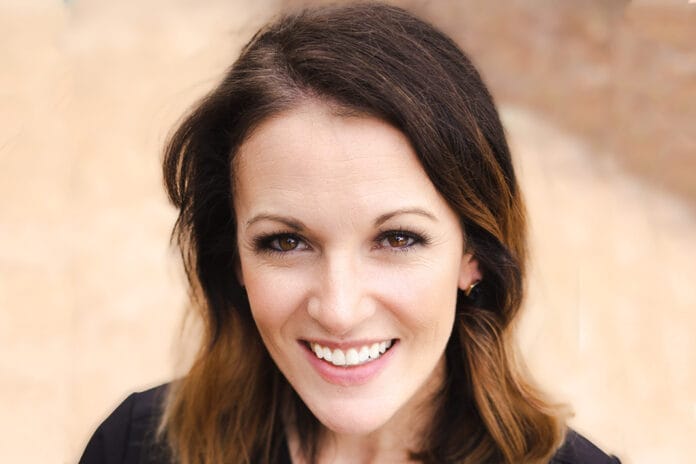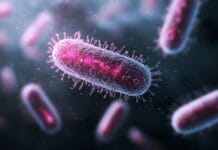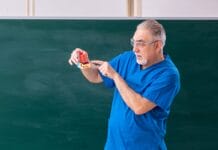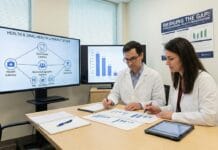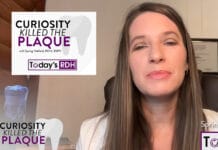A deaf hygienist who encourages others with hearing disabilities to consider a career in dentistry is one of three recipients of the 2022 Today’s RDH Honor Awards.
Amanda Zubricki, RDH, BS, a Raleigh, N.C., dental hygienist, is the founder of That Deaf RDH Foundation. According to the foundation’s website, the objective is to provide “opportunities to today’s deaf or hard of hearing students aspiring to pursue a career in dental hygiene.”
Zubricki obtained a dental hygiene degree from Northern Virginia Community College in 2017, and she remembers some of the obstacles she faced as a deaf student.
“I did have many challenges as a deaf student where I struggled with masked communication during clinicals, especially with the immense workload and tons of information,” she said. “Some of my professors were supportive and encouraged me to push through. It’s also where I started to see the problems some deaf or hard of hearing students and patients may face in educational and clinical settings.”
The experience led her to develop the That Deaf RDH nonprofit in 2020, as well as the That Deaf Girl Blog. The blog states, “I’m here to advocate for deaf/HOH (hard of hearing) community, influencing others to gain perspective on deafness, [and] show some of the daily struggles not only with deafness but in everyday life.”
Zubricki’s advocacy for the deaf gradually developed after the early years of her career. She earned a psychology degree at Towson University. After graduation, she worked with children with multiple disabilities, including autism, cerebral palsy, Fragile X syndrome, and hearing loss. Her initial goal as a college student was to become an occupational therapist, but she encountered difficulties obtaining a master’s degree in the field. Initially a dance major at Towson, she was a cheerleader for the Philadelphia Eagles in 2009 and became a certified massage therapist in 2011.
“I spent some time traveling and explored many options,” Zubricki said. “I ultimately decided I needed a stable career but in an environment where I could have a one-on-one emphasis with my patients. I went back to school in 2015 to study dental hygiene.”
Since obtaining her dental hygiene license, she has worked for multiple dental practices. She currently works full-time at a practice in Cary, N.C., a suburb on the west side of Raleigh. Zubricki and her husband have three daughters, including twins. One of the twins, Jolene, has hearing loss too.
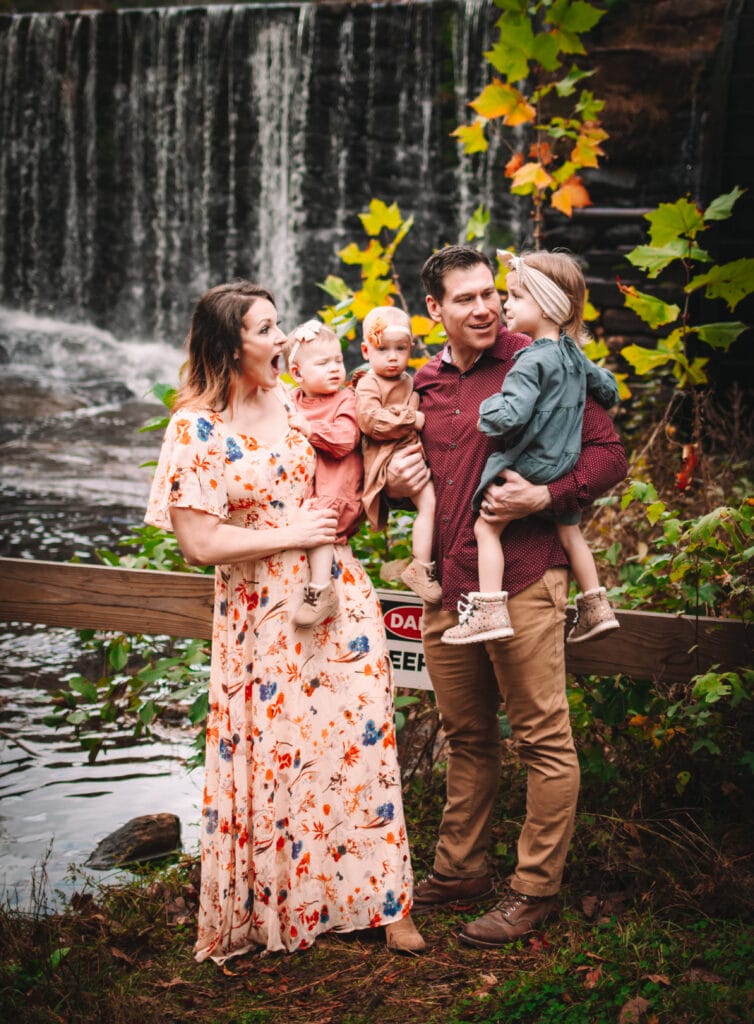
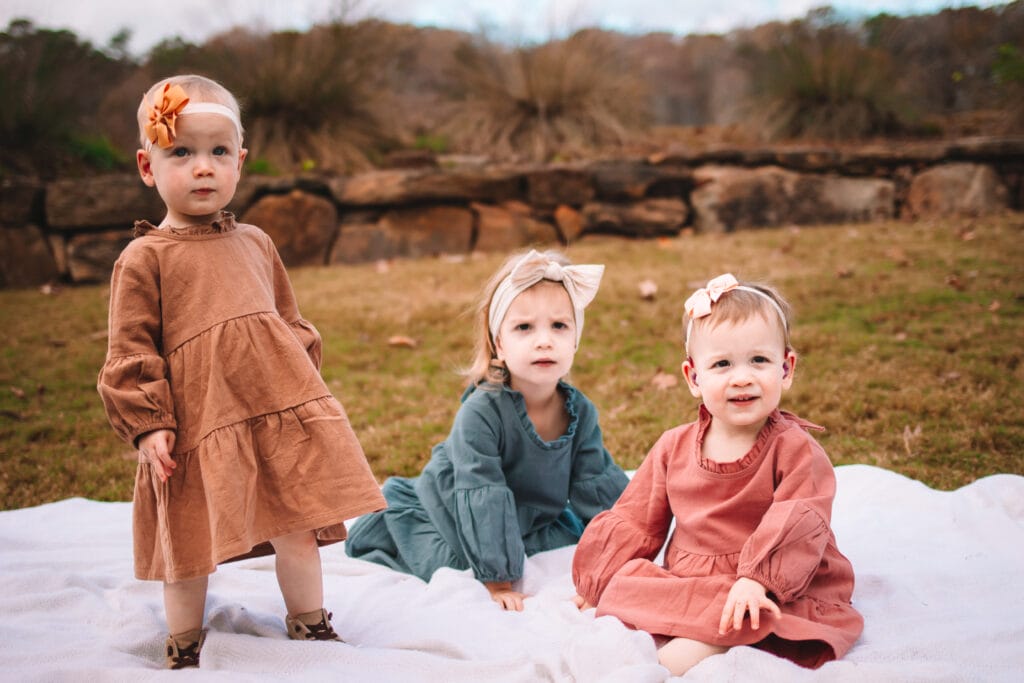
Photo courtesy Amanda Zubricki
Zubricki said she communicates with her “hearing patients orally,” adding that she plans to eventually become an orofacial myofunctional therapist. “As someone who grew up with having speech lessons on a weekly basis, I’ve always been itching to learn about it,” she said.
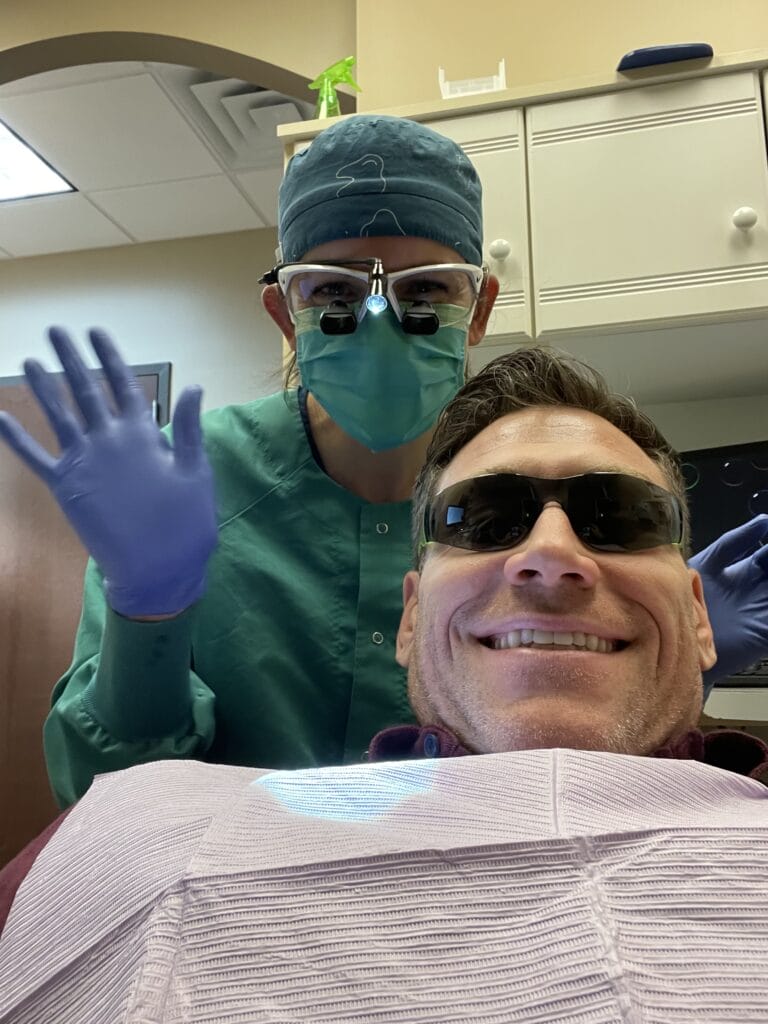
Photo courtesy Amanda Zubricki
Due to her evolving role with That Deaf RDH, she said deaf dental hygiene students seek her out with questions about communication skills within education and career settings. She recently collaborated with a deaf licensed professional counselor, for example, to host a webinar to “help other deaf or hard of hearing students cope in school and find the motivation to thrive. We help students with finding the right interpreters, finding clear masks [to facilitate lipreading], alternative transcription services, or how to deal with doubters.”
In a conversation with Today’s RDH, Zubricki discussed how audism and ableism occur in dental hygiene education. Ableism generally refers to a broader worldview of discrimination against the disabled, while audism narrows the focus on assumptions and actions that hearing people take when intersecting with deaf culture.
The discrimination can be much more subtle than refusing to communicate with a deaf person. For example, a hearing person could tell a deaf colleague that he or she would be updated later about a conversation rather than including the hard-of-hearing worker directly in the conversation.
Zubricki works with dental hygiene educators and other dental professionals to “prove that disabled people are worthy and capable of achieving higher education and success in many careers.”
She explained, “We get a lot of doubts from educators because of our hearing loss. I don’t know how many times I’ve been there with ableist professors, dental professionals, and strangers, but I’m here to prove that disabled people are worthy and capable of achieving higher education and success in many careers. I’ve been told, ‘It’s not realistic.’ We’re dependable, loyal, empathetic, and hard workers and are a huge asset to your office. We’ve spent much of our lives finding ways to adapt within hearing culture. Because of this, we have patience and flexibility in the face of adversity. We have a lot to offer. For example, you may need someone who knows ASL (American sign language) to help a deaf or hard of hearing patient.”
Zubricki concluded, “The art of being a deaf dental hygienist has given me the strength to put a spotlight on certain barriers of society. Growing up deaf, I learned what it is like to feel like a burden and had to grow to embrace how I fit in society, adapting with humor and wit.”
Before you leave, check out the Today’s RDH self-study CE courses. All courses are peer-reviewed and non-sponsored to focus solely on high-quality education. Click here now.

